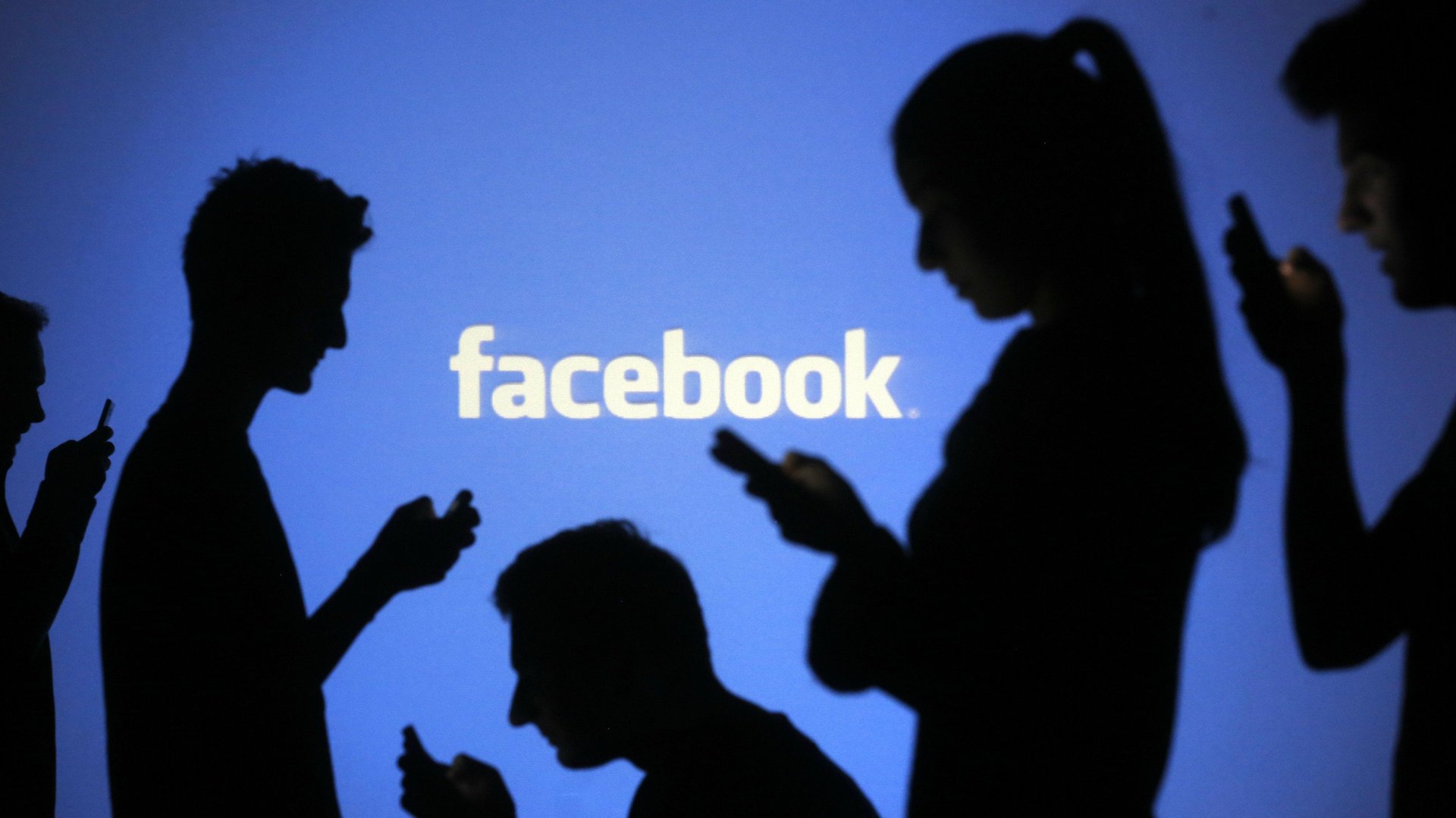What would Nazi propagandists have made of Facebook?
In a diary discovered after the fall of Berlin, Nazi propaganda chief Joseph Goebbels outlined his principles (pdf) for effective propaganda. The second of these states that it “must be planned and executed by only one authority.”


In a diary discovered after the fall of Berlin, Nazi propaganda chief Joseph Goebbels outlined his principles (pdf) for effective propaganda. The second of these states that it “must be planned and executed by only one authority.”
What would Goebbels have made of Facebook? Where the 20th century was macro, the 21st is micro. Just as the clash of massive armies has given way to guerrilla war and terrorism, information—and disinformation—now flows not from a single entity but from thousands or millions. And with the micro-targeting power of social networks like Facebook, propaganda is no longer one message: It can be any number of them, tailored to any number of audiences.
Russia understands both these differences. The ads it spread on Facebook during last year’s US election—some of which Congress made public this week—were not a single pro-Trump message; indeed, many supported left-leaning causes like anti-Trump rallies and LGBT rights. Where Goebbels aimed to sow confusion and fear, Russia’s goal was simply to deepen the American public’s existing divisions. And unlike Goebbels, Russia is fine with not having the monopoly on propaganda. If a bevy of Macedonian teenagers are helping, so much the better.
The key lesson of the scandal is not that Russia is dangerous to US democracy, but that social media makes all democracies vulnerable to anyone with a political agenda, a bit of money, and a reasonable quantity of data. It would be a trivial matter to target Facebook ads at just the undecided voters in the US’s small number of competitive districts at the next election, for instance, and very hard to catch the culprit.
Guerrilla war cannot be won by a conventional army; it requires a solution to the war’s underlying causes. Similarly, 21st century propaganda cannot be dealt with by trying to eliminate its sources. How platforms like Facebook enable it is also part of the problem, and they need to take part in the solution as well.